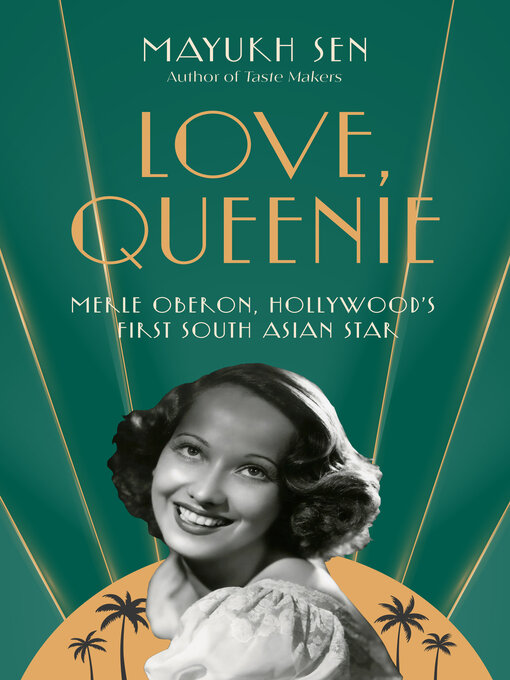"Extraordinary."—The New York Times Book Review
A Kirkus and The Millions Most Anticipated Book
A beautiful reclamation of a pioneering South Asian actress captures her glittering, complicated life and lasting impact on Hollywood.
Merle Oberon made history when she was announced as a nominee for the Best Actress Oscar in 1936. Hers was a face that "launched a thousand ships," a so-called exotic beauty who the camera loved and fans adored. Her nomination for The Dark Angel marked the first time the Academy recognized a performer of color. Almost ninety years before actress Michelle Yeoh would triumph in the same category, Oberon, born to a South Asian mother and white father in India, broke through a racial barrier—but no one knew it. Oberon was "passing" for white.
In the first biography of Oberon (1911–1979) in more than forty years, Mayukh Sen draws on family interviews and heretofore untapped archival material to capture the exceptional life of an oft-forgotten talent.
Born into poverty, Queenie Thompson dreamt of big-screen stardom. By sheer force of will, she immigrated to London in her teens and met film mogul Alexander Korda, who christened her "Merle Oberon" and invented the story that she was born to European parents in Tasmania. Her new identity was her ticket into Hollywood. When she was only in her twenties, Oberon dazzled as Cathy in Wuthering Heights opposite Laurence Olivier. Against the backdrop of Hollywood's racially exclusionary Golden Age and the United States's hostile immigration policy towards South Asians in the twentieth century, Oberon rose to the highest echelons of the film-world elite, all while keeping a secret that could have destroyed her career.
Tracing Oberon's story from her Indian roots to her final days surrounded by wealth and glamor, Sen questions the demands placed on stars in life and death. His compassionate, compelling chronicle illuminates troubling truths on race, gender, and power that still resonate today.



